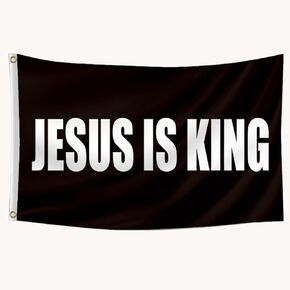- Shopping, made easy.
- /
- Get the app!
Christmas is an annual festival commemorating the birth of Jesus Christ, observed primarily on December 25 as a religious and cultural celebration among billions of people around the world. Christmas Day is a public holiday in many countries, is celebrated religiously by a majority of Christians, as well as culturally by many non-Christians, and forms an integral part of the holiday season organized around it. The traditional Christmas narrative recounted in the New Testament, known as the Nativity of Jesus, says that Jesus was born in Bethlehem, in accordance with messianic prophecies. When Joseph and Mary arrived in the city, the inn had no room and so they were offered a stable where the Christ Child was soon born, with angels proclaiming this news to shepherds who then spread the word. The celebratory customs associated in various countries with Christmas have a mix of pre-Christian, Christian, and secular themes and origins. Popular modern customs of the holiday include gift giving; completing an Advent calendar or Advent wreath; Christmas music and caroling; viewing a Nativity play; an exchange of Christmas cards; church services; a special meal; and the display of various Christmas decorations, including Christmas trees, Christmas lights, nativity scenes, garlands, wreaths, mistletoe, and holly. In addition, several closely related and often interchangeable figures, known as Santa Claus, Father Christmas, Saint Nicholas, and Christkind, are associated with bringing gifts to children during the Christmas season and have their own body of traditions and lore. Because gift-giving and many other aspects of the Christmas festival involve heightened economic activity, the holiday has become a significant event and a key sales period for retailers and businesses. Over the past few centuries, Christmas has had a steadily growing economic effect in many regions of the world.
 Jesus is King Flag 3x5Feet Funny Banner Wall Hanging Tapestry for College Party Room Indoor and Outdoor Decor
KWD 6.500
Jesus is King Flag 3x5Feet Funny Banner Wall Hanging Tapestry for College Party Room Indoor and Outdoor Decor
KWD 6.500
 UFrame Natural Children Changeable Artwork Frame, Front Opening, Picture Display, Kids Art Frames, Hanging Art, Kids Artwork Picture Frame
KWD 9
UFrame Natural Children Changeable Artwork Frame, Front Opening, Picture Display, Kids Art Frames, Hanging Art, Kids Artwork Picture Frame
KWD 9
 Spanish Folding Fan Vintage Solid Color Women Wooden Hand Fan for Dancing Party Performance Festival Gift (Light Pink)
KWD 3
Spanish Folding Fan Vintage Solid Color Women Wooden Hand Fan for Dancing Party Performance Festival Gift (Light Pink)
KWD 3
 ENHYPEN DARK BLOOD 4th Mini Album CD+Photobook+Photocard+Postcard+Sticker+Tracking Sealed (ENGENE 7 SET)
KWD 47
ENHYPEN DARK BLOOD 4th Mini Album CD+Photobook+Photocard+Postcard+Sticker+Tracking Sealed (ENGENE 7 SET)
KWD 47